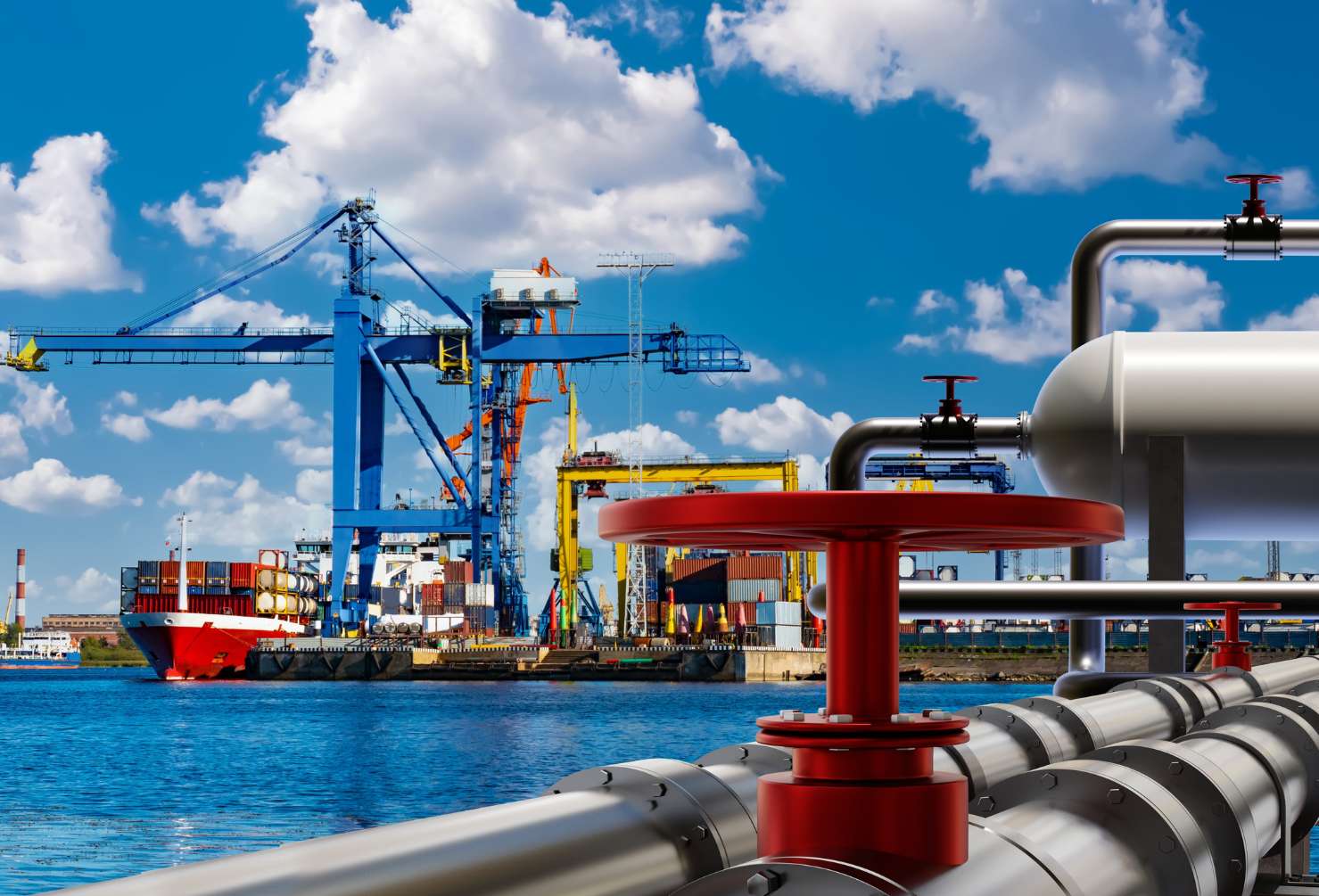
Australia’s offshore oil and gas sector is vital to the country’s economy, providing energy security, export revenue and thousands of well-paid jobs. But in recent years, the approvals process for offshore projects has been under heavy scrutiny. Delays, legal challenges and regulatory complexity have frustrated operators and created uncertainty for workers and employers alike.
Following the 2025 federal election and key project milestones like the North West Shelf extension, there are growing signs that change could finally be on the horizon. Is Australia’s offshore approvals process set for meaningful reform? And what would this mean for oil and gas professionals, FIFO and DIDO workers, and employers? Let’s break it down.
Why Offshore Approvals Have Been Under Pressure
The offshore approvals system is designed to ensure that projects meet strict environmental, safety and community standards. However, operators and industry groups have raised several concerns:
- Slow timelines: Project approvals often take years, creating cost blowouts and delaying job creation
- Legal challenges: Recent court decisions, particularly on consultation with Traditional Owners, have led to uncertainty and further delays
- Overlapping regulations: Multiple agencies, inconsistent processes and unclear responsibilities have made navigating approvals complex
For workers and employers, these challenges mean fewer projects getting off the ground, delayed start dates for major works and stop-start labour demand.
What Has Changed in 2025?
The re-elected Labor government has indicated that offshore approvals reform will be part of its broader productivity and economic agenda. In the first months of its new term, we’ve seen:
- Commitments to streamline approvals for major oil and gas projects without compromising environmental and cultural values
- A pledge to clarify consultation requirements with Indigenous stakeholders, aiming for respectful engagement while reducing uncertainty
- Early work on a national approvals framework that better integrates offshore project assessment and decision-making
While these changes are still taking shape, they suggest the government recognises the need for faster, clearer approvals that support both investment and job creation.
What Reform Could Look Like
Although final details are still to come, key elements of offshore approvals reform are likely to include:
1. Faster timelines for decisions
Clearer guidelines and improved coordination between agencies could cut approval times significantly.
2. Stronger, more consistent consultation processes
A national framework for engagement with Traditional Owners may help reduce legal risks while respecting cultural rights.
3. Simpler, more transparent processes
Reducing duplication and improving information sharing between regulators would help operators navigate requirements more efficiently.
For employers, these changes could mean more predictable project pipelines. For workers, they could lead to more steady demand and fewer disruptions caused by regulatory delays.
Impact on Labour Demand
If approvals reform delivers on its promise, we can expect:
- More projects moving forward: Faster approvals mean operators can proceed with confidence, creating jobs sooner
- Smoother workforce planning: Employers can better match hiring and training programs to project schedules
- Stronger demand for a range of skills: From construction and commissioning to operations and maintenance, the entire labour supply chain would benefit
FIFO and DIDO workers in particular would see greater opportunity as large offshore developments get the green light more quickly and reliably.
Challenges That Remain
While reform is welcome, there are still challenges to overcome:
- Balancing speed with rigour: Approvals must protect the environment and cultural heritage without unnecessary delay
- Managing stakeholder expectations: Clear communication with communities, Traditional Owners and environmental groups will be key to avoiding future disputes
- Ensuring industry readiness: Faster approvals will only translate into jobs if operators and contractors are ready to scale up delivery
Employers will need to stay engaged with regulatory changes and adjust workforce plans accordingly.
Opportunities for Workers
For oil and gas professionals, offshore approvals reform could open new doors. Workers should consider:
- Maintaining offshore certifications: With more projects potentially coming online, current qualifications will be essential
- Upskilling in areas linked to compliance and consultation: Roles in HSE, environmental management and stakeholder engagement are likely to grow
- Flexibility: Workers able to move between projects or regions will be in high demand as activity scales up
Those with experience on complex offshore operations will be especially well placed to benefit as approvals accelerate.
What Employers Should Do Now
Employers in the oil and gas sector can prepare for offshore approvals reform by:
- Reviewing workforce strategies: Ensure hiring, training and retention plans can support a faster-moving project pipeline
- Building partnerships: Strengthen links with regional training organisations, Indigenous businesses and other stakeholders to support local job creation
- Investing in project readiness: Make sure teams, systems and supply chains can respond quickly as approvals come through
Staying ahead of the reform process will give companies a competitive edge as the offshore sector picks up pace.
The Bigger Picture: Offshore Oil and Gas Remains Central
While Australia continues to invest in renewables and emerging technologies like hydrogen, offshore oil and gas will remain critical for:
- Meeting domestic energy needs
- Supporting LNG exports to key trading partners
- Providing long-term, well-paid jobs for Australian workers
Approvals reform could help the sector deliver these benefits more efficiently, ensuring that offshore projects contribute fully to the national economy.
Key Takeaways
Australia’s offshore approvals system is finally under the spotlight for reform. Early moves by the government suggest a genuine push to:
- Streamline approvals while upholding environmental and cultural standards
- Provide clarity and certainty for operators, employers and workers
- Support the timely delivery of major oil and gas projects
For oil and gas professionals, this could mean greater job security and new opportunities. For employers, it offers the chance to plan with more confidence and build the skilled teams needed to deliver Australia’s offshore energy future.
At Enxgy, we understand that regulatory change brings both opportunity and challenge for Australia’s oil and gas industry. As offshore approvals reform takes shape, we’re here to help employers plan ahead and secure the skilled talent needed





